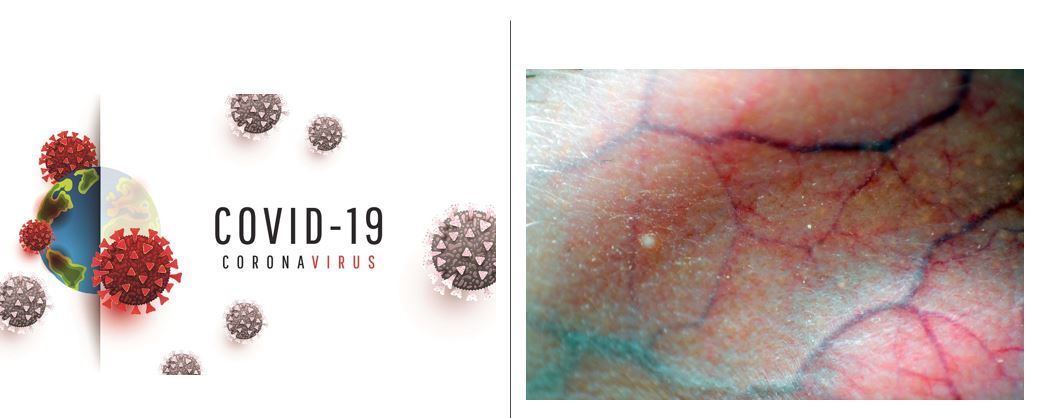Vasculitis Patients Increasingly Avoid Doctor Visits During Pandemic
Many patients with vasculitis stopped taking immunosuppressive medications, avoided meeting with their doctor in person and failed to follow through on laboratory tests this year due to the COVID-19 pandemic.

Many patients with vasculitis stopped taking immunosuppressive medications, avoided meeting with their doctor in person and failed to follow through on laboratory tests this year due to the COVID-19 pandemic.
"During the COVID‐19 pandemic, patients with vasculitis have high levels of concern and exhibit potentially harmful health‐related behaviors," Shubhasree Banerjee, M.D., of the University of Pennsylvania wrote in this week's issue of ACR Open Rheumatology.
Vasculitis is a chronic autoimmune disease that consists of a group of multisystem disorders characterized by inflammation of blood vessels. It is often associated with organ and life‐threatening manifestations.
This report is based on a survey of 662 patients (78% women, 90% white). Over 80 percent of the patients expressed having moderate to high levels of concern aout COVID-19, but the concern was more common among older patients, female patients and patients with lung disease.
However, those who avoided office visits or tests were more often younger patients in urban locations and of higher income and those receiving prednisone of more than 10 mg/day
Ten percent of patients on immunosuppressive therapy stopped their medication. Twenty‐nine percent patients on rituximab avoided an infusion. Forty‐four percent of patients had telehealth visits; more visits were reported for younger patients, for patients on glucocorticoids, and in Canada versus the United States.
Forty to 60% of the patients avoided in-person doctor visits, laboratory tests and other routine testing. Almost half of patients with vasculitis had a telehealth visit during the pandemic in lieu of an office visit, and most patients reported that telehealth was available to them.
"Health care use varies across different demographic groups and geographic regions. Specific strategies are warranted to facilitate engagement of these patients with the health care system during the pandemic," the authors wrote.
________________
REFERENCE
Shubhasree Banerjee MDMichael George MD, MSCEKalen Young MA. et al. "Effects of the COVID‐19 Pandemic on Patients Living With Vasculitis," ACR Open Rheumatology. First published: 08 December 2020. https://doi.org/10.1002/acr2.11204